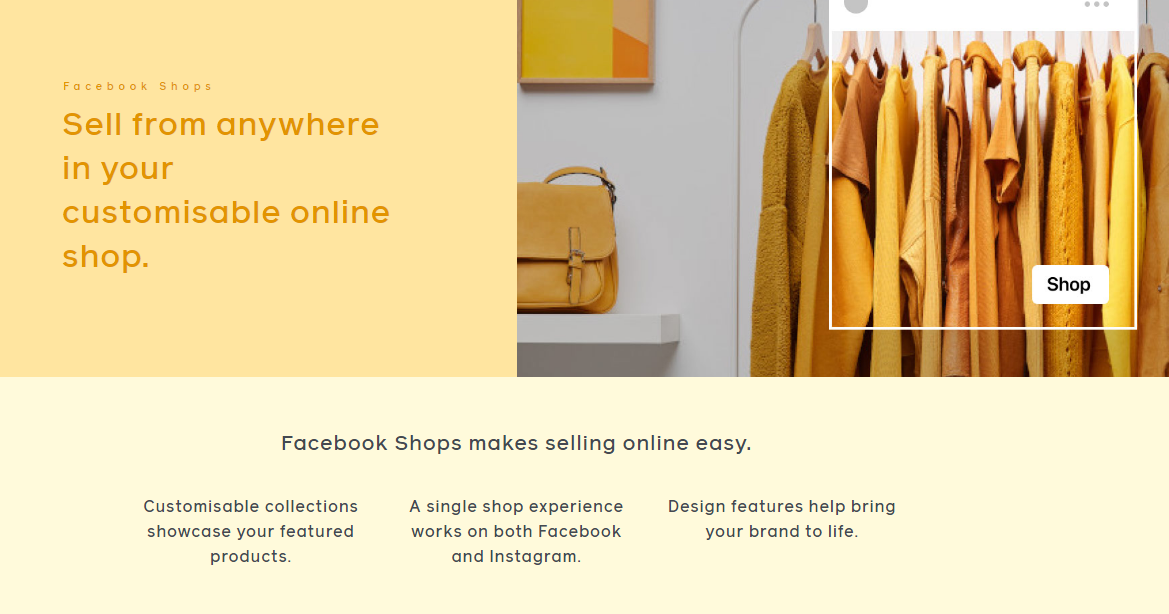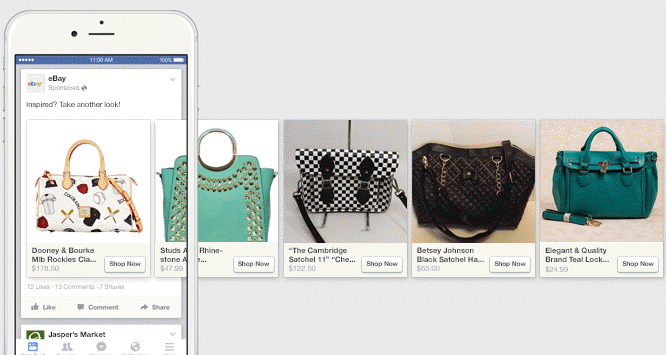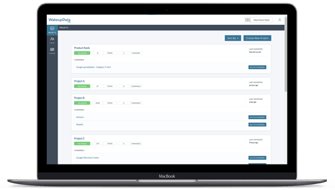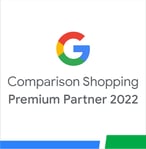Facebook Shops and Commerce Manager - Your Guide
Posted on July 27, 2020 (Last Updated: January 24, 2024)
Back in May of 2020, Facebook took the step of launching Facebook Shops.
The idea of this is to create a marketplace for ecommerce sellers - in particular, those Small to Mid-size Enterprises who want to sell products direct from Facebook.
Intended as a service to rival Google's Shopping Actions, the service is expected to be rolled out to a wider audience throughout 2020.
How do Facebook Shops work?
With the goal being to provide online merchants with a lot of flexibility, Facebook Shops can be created on your existing Facebook or Instagram account.

For companies in certain countries, an integrated payment will allow users to manage everything from the platform. Facebook will only take a commission on payments carried out in-platform using their 'check out' function.
At checkout, users of Facebook Shops can encourage buyers to visit their online store, and customer service can be provided in real-time using the group’s messaging tools.
As Facebook Shops gets rolled out on a larger scale, other features are also going to be implemented:
- The possibility to view a company's entire product catalogue from a chat window, and to buy products directly from a video presentation.
- Dynamic Ads will be intergrated with Shops to allow merchatns to promote their products while the shoppers remain on Facebook throughout the purchase.

Registration on Commerce Manager
In order to make use of Facebook Shops, you need to register as a merchant on Commerce Manager.
This lets you launch and manage your online shop, as well as collect money from sales.
Several pieces of information are used when you first register as a Commerce Manager:
- an identification number corresponding to your legal name for compulsory declarations (tax number or employer number)
- the name, Social Security number, and date of birth of a designated sales representative responsible for relations with Facebook
- the name of your company, its physical address, the e-mail address of your customer service, and bank details for transactions.
You must also specify the countries in which you operate, the product category that best represents your business, and the shipping and return options you offer your customers.
Once this information is provided, you can choose your sales channel (Facebook or Instagram) on the group, or a third-party marketplace partner and associate them with your existing business accounts. Finally, Facebook will perform a security check to ensure your professional identity.
Facebook are rolling these out to businesses that sell with Instagram Shopping, a Facebook Page shop or both, particularly in the fashion, beauty and home sectors.
If you are are looking to get industry advice on boosting your Social Media Advertising campaigns, check out our free Facebook Dynamic Ads ebook, which summarizes the best practices and expert advice when it comes to running successful Facebook Dynamic Ads





